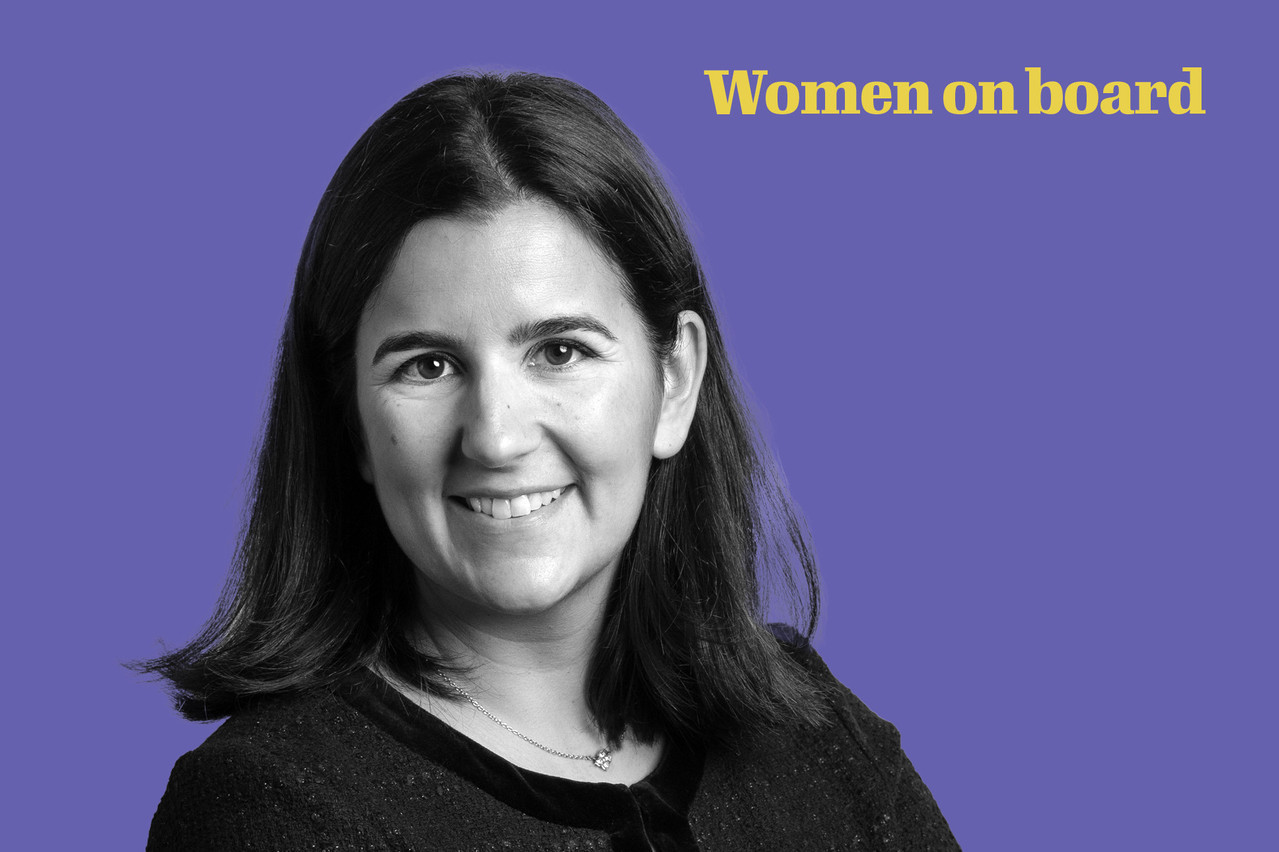A graduate of Sciences Po Paris, worked as an auditor at PwC for three years before joining the AXA Group’s strategy department in 2010, conducting various opportunity studies for general management. In 2014, she became head of strategy for Creditor, AXA’s global entity dedicated to loan insurance. She led the acquisition of Genworth LPI and was appointed general secretary of the new entity. In 2017, she joined the commercial department of AXA Partners Holding, won ING’s tender for a global digital partnership in 2018 and became deputy CEO of this virtual joint venture.
Paperjam: What are the main challenges you have faced as an independent woman director?
I was 37 when I became a CEO and director, and I’d say it was more age than being a woman that may have proved a challenge in terms of perceived legitimacy. I don’t think being a woman has raised any particular challenges.
How do you deal with resistance or scepticism towards you?
Like everywhere else, board or no board: through commitment, through action and by trying not to lack courage. By building my legitimacy on the substance of the issues, but also by proving that I can be counted on to defend the company’s interests, to fight the battles that need to be fought by putting the company’s interests ahead of my own individual interests.
Do you think that gender equality is progressing on boards of directors?
Things are changing and that’s a very good thing, no doubt thanks to initiatives such as the Women in Finance Charter, which are strong signals and frameworks. Nevertheless, I confess to hoping that beyond these safeguards that are being put in place, boards of directors will diversify above all because the value of diversity is finally being recognised at its true level, for the complementary points of view and reasoning or leadership styles that it brings.
What do you think about quotas for women on boards of directors?
It’s a necessary evil. Necessary because it is the only guarantee of making good a structural deficit in a significant way and within a set timeframe. But it can also hurt women because it casts doubt on the real reasons for our appointments. It can create questions around legitimacy and we then have to fight twice as hard to prove that we are in our rightful place and not just a percentage target.
As a woman director, do you feel you have a responsibility to defend parity and inclusion?
Of course, but it’s a responsibility that falls to all directors, not just women. On the other hand, the particular responsibility that I bear as a female director is undoubtedly to act as a role model, to open the way and the prospects for the women who will follow. It means embodying and showing by example that it is possible and that women can aspire to these responsibilities.
In your opinion, how does diversity influence the performance of a board of directors?
Just as it takes all kinds to make a world, it takes all kinds to make a board! Diversity, in all its dimensions, undeniably influences the power of a board of directors. Diversity of gender, of course, but also of age, culture, experience and ways of thinking. This boosts collective intelligence and ensures that the company, at its highest level, is as realistic a reflection as possible of the society it serves. Being a mirror of the customers we serve.
What solutions or policies do you think could encourage better parity?
We need policies to encourage female appointments, but we also and above all need levers to break the spirals of self-censorship among women. We are sometimes our own worst enemy. What has been most useful to me personally is shadowing: seeing someone do something and doing it with him or her, so that I know that I too can do it when the opportunity arises, or even create the opportunity. I’ve held positions as deputy managing director or chief of staff, which enabled me to get up close and personal with the challenges faced by senior executives and to observe their postures, to think in pairs, with them.
If we shadowed every director with a young woman, we would be building the future generation of experienced female directors who are aware of their legitimacy.
What advice would you give to a woman who is hesitating to take the plunge?
Don’t hesitate! It’s very stimulating and rewarding to sit on a board of directors. In my opinion, the distance you need to gain, whether it’s because of the role or the fact that you’re not sitting in your own company, allows you to gain perspective in your own company. It’s an opportunity to step away from ‘doing’ for a few moments and have strategic influence without operational involvement. Finally, I’m convinced that it gives you a better understanding of your own board’s expectations.
Any moments in your career that illustrate the reality of being a woman in this role?
One of the great moments I’ve experienced as a director was probably cofounding the Women in Finance Charter in Luxembourg on behalf of Aca. This resonates with the responsibility I was talking about earlier: not being satisfied with ‘being there,’ but making sure that the women who follow will also be around the table.
What specific advice would you give to a young woman who wants to take her place in society?
I would advise her to be curious both about subjects and about people. To build her network by going out to meet others to make herself known and to be informed of opportunities. And above all to be authentic in all circumstances. Because what I wouldn’t recommend is trying to put on the costume of someone else. She needs to be known and recognised for who she really is and the value she can bring, not for a facade.
This article in French.
